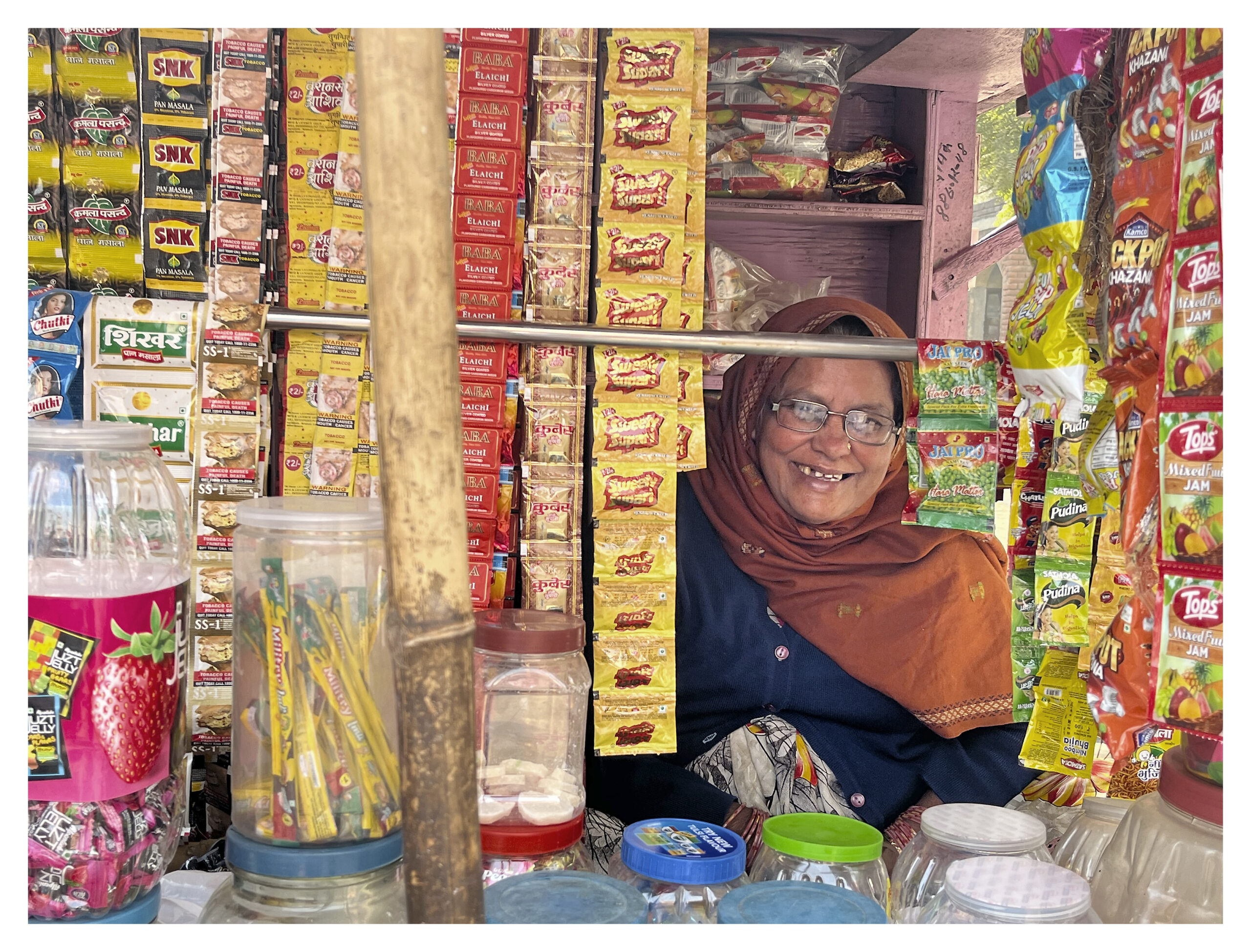दिल्ली के कामगार वर्ग के बस्तियों में लोग औपचारिक और अनौपचारिक बैंकिंग, दोनों पर निर्भर रहते हैं। औपचारिक बैंकिंग से उन्हें सरकारी स्कीम और परियोजनाओं की मदद मिल सकती है। पर वहाँ तक पहुँचने के लिए उन्हें अलग अलग तरह के प्रमाण और पहचान पत्र चिहिए। एक साधारण सा अकाउंट खोलना या उसे आधार कार्ड के साथ लिंक करना एक बड़ी, सही कागज़ न होने पर, एक बड़ी चुनौती बन सकता है। बैंक खाता खोलना या उसे वोटर कार्ड या आधार कार्ड से लिंक करना जैसे बुनियादी काम भी कई तरह के कागजात जमा करने की वजह सेमुश्किल हो जाते हैं। ऐसे में बस्ती का बनिया, साहूकार, चिट फंड या सहकारी समिति जैसी अनौपचारिक बैंकिंग व्यवस्था तक पहुँचना कहींआसान होता है। क्या शहर के आर्थिक कोलाहल के सतह के ठीक नीचे गरीबों की एक अपनी समानांतर व्यवस्था बस्ती है?
People from the working-class neighborhoods depend on the graces of both formal and informal means of banking. Formal means of banking help them access money from the state exchequer – such as government saving schemes, or subsistence support for the poor, but accessing them is laid out with a bureaucratic landmine which requires documentation. Basic tasks such as opening a bank account and linking it to voter cards or Aadhar (ID) cards can become a prolongated challenge of furnishing multiple layers of documentation. In such a scenario accessing informal banking systems, such as money lenders, chit funds or community-based savings might prove to be an easier option. This chapter documents the day-to-day experiences of the urban poor as the negotiate their own corner of the financial landscape of this city.
कहानियाँ जल्द ही आ रही हैं
Stories coming soon
